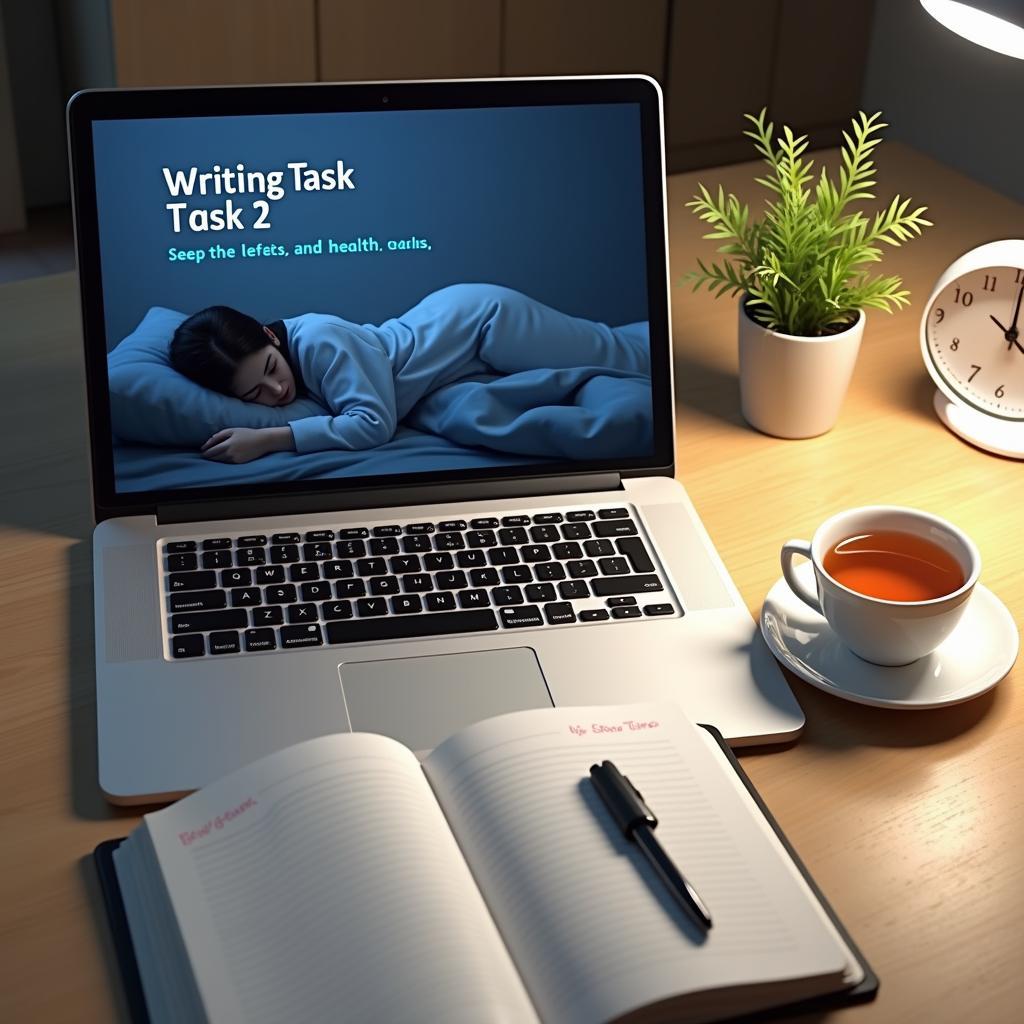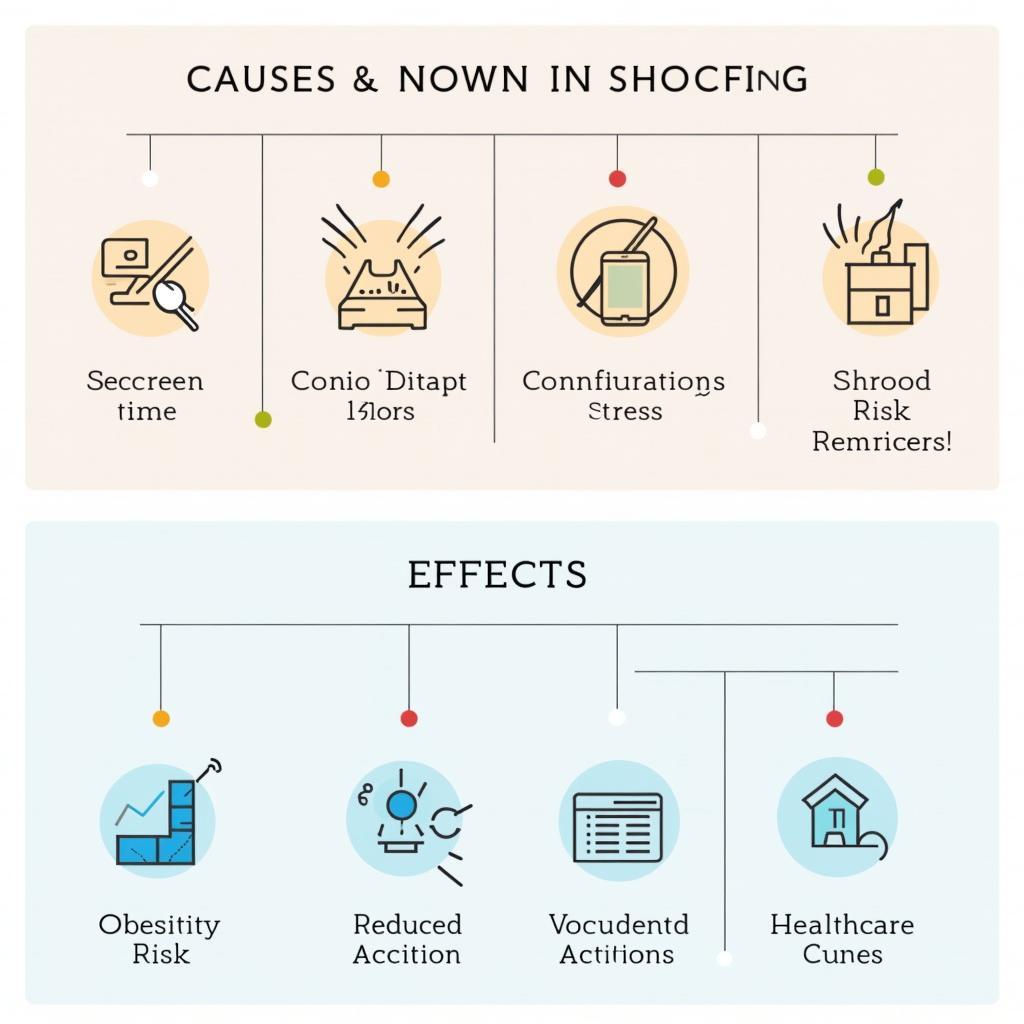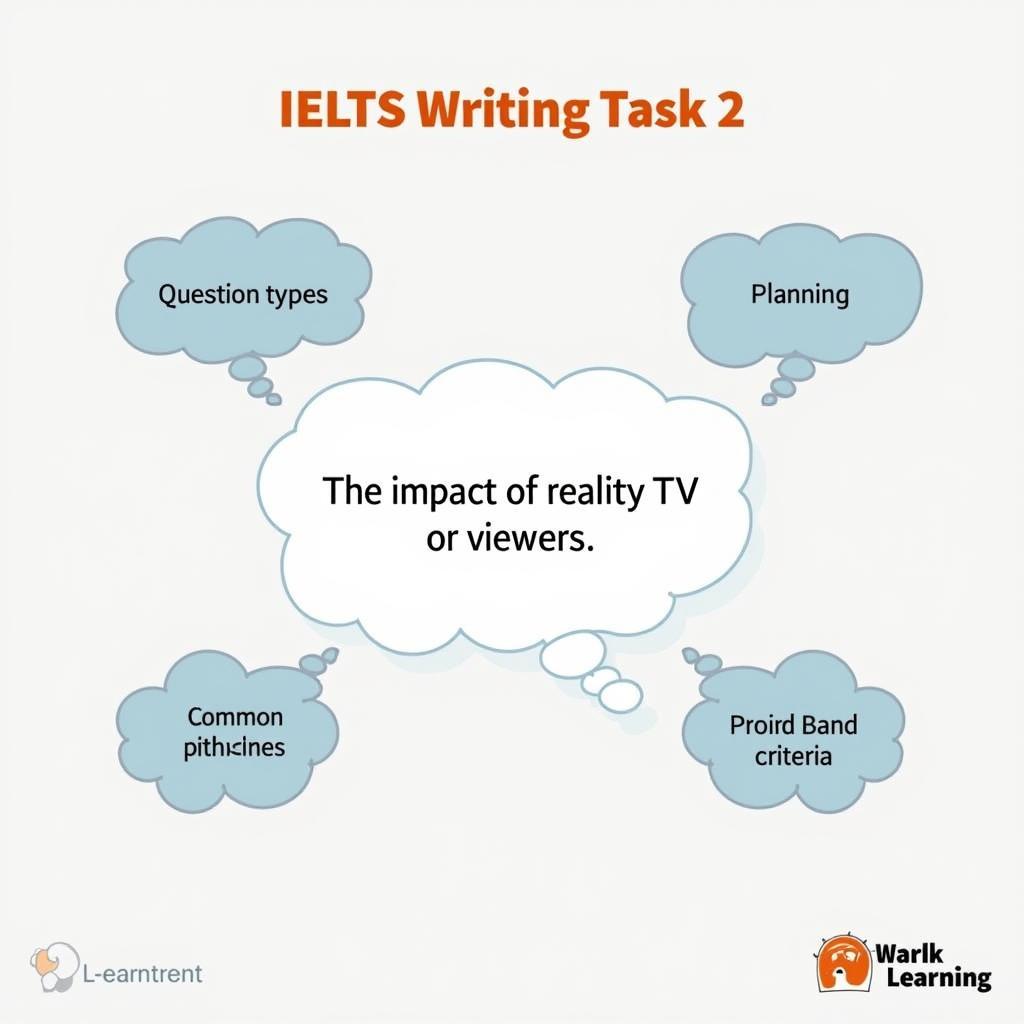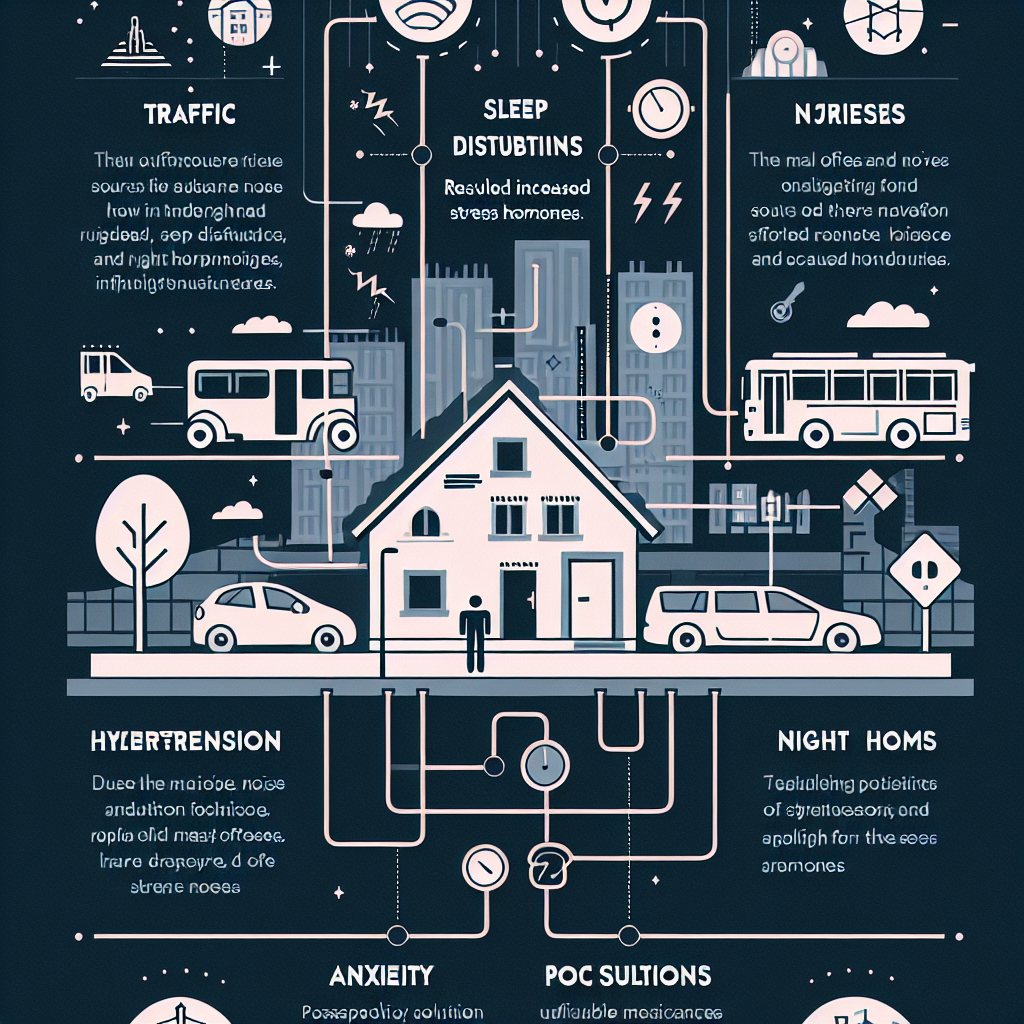Introduction
Sleep is one of the most frequently examined health topics in IELTS Writing Task 2 because it connects lifestyle, productivity, and well-being—issues that affect test-takers worldwide. Examiners use it to test your ability to explain causes, assess effects, propose solutions, and maintain a clear opinion. In this guide, you will learn how to approach sleep-related questions, study three banded sample essays (Band 9, Band 7, and Band 5-6), and apply expert analysis, high-value vocabulary, and exam-ready sentence structures to lift your score.
Realistic past questions on health and sleep (compiled from IELTS Liz, IELTS-Blog, British Council and IDP resources) include:
- People nowadays sleep less than they used to in the past. What do you think are the reasons for this? What effects does this have on individuals and society?
- Some people believe school should start later for teenagers to improve their health and concentration. To what extent do you agree or disagree?
- The best way to improve public health is to increase the number of sports facilities. Others think this would have little effect and other measures are required. Discuss both views and give your opinion.
For readers who want the psychological angle, you can explore how healthy sleep protects your mood and focus in The importance of sleep for mental health: The importance of sleep for mental health.
 Students practicing IELTS essays on sleep and health
Students practicing IELTS essays on sleep and health
1. Question & Analysis: The importance of sleep for health
People nowadays sleep less than they used to in the past. What do you think are the reasons for this? What effects does this have on individuals and society?
- Question type: Two-part (causes + effects). You must answer both parts equally.
- Key terms:
- “sleep less than in the past”: compare current habits with earlier generations.
- “reasons”: causes such as work culture, screens, urban life, academic pressure.
- “effects”: health, productivity, safety, public costs, social cohesion.
- Common pitfalls:
- Ignoring society-level effects (e.g., road accidents, healthcare costs).
- Listing too many causes without development.
- No clear paragraphing or unclear stance.
- Strategy:
- Plan a two-body structure: Body 1 = reasons; Body 2 = effects.
- Use precise topic sentences and examples (shift workers, students, office staff).
- Link ideas logically (cause → direct effect → wider consequence).
- Keep 10–12 minutes for checking grammar and cohesion.
 Infographic showing causes and effects of reduced sleep
Infographic showing causes and effects of reduced sleep
2. Band 8-9 Sample Essay: The importance of sleep for health
Band 8-9 writing demonstrates a consistent, well-developed position, sophisticated cohesion, precise vocabulary, and flexible, accurate grammar.
Essay (≈305 words)
Modern lifestyles have shortened our nights, and the consequences are far from trivial. In my view, a mixture of technological, economic, and cultural forces has compressed sleep, and this erosion of rest is damaging both individual well-being and the social fabric.
One major driver is the ubiquity of blue-light-emitting screens. Streaming platforms and social media are engineered to maximise engagement, so people defer bedtime even when they know they should not. In addition, longer commutes and the rise of shift-based, 24-hour services push many into irregular sleep schedules. Crucially, competitive work cultures that reward presenteeism normalise chronic sleep restriction, while students—especially in high-pressure systems—sacrifice rest to secure marginal academic gains.
The fallout is multidimensional. Physiologically, inadequate sleep is linked to impaired immunity and metabolic dysregulation, which elevates the risk of obesity and type 2 diabetes. Cognitively, sleep loss undermines attention, memory consolidation, and decision-making, thereby reducing productivity and increasing errors. At a societal level, these micro-failures aggregate: more road and workplace accidents, heavier healthcare burdens, and subdued economic output. Families also pay a price when irritable, exhausted members have less patience and empathy.
The remedies are neither simplistic nor purely individual. While people can adopt better routines—limiting screens before bed and maintaining consistent schedules—structural changes matter more. Employers should redesign shifts and reward outcomes over hours; schools can pilot later start times for adolescents, who are biologically predisposed to sleep later. Governments can run evidence-based public campaigns and regulate misleading “always-on” expectations, just as they have done for smoking and road safety.
In short, we sleep less because our environments and incentives make poor sleep the default. Until institutions realign those incentives, exhorting individuals to “just sleep more” will remain a well-intentioned but ineffective mantra.
Band Score Analysis
| Criteria | Band | Justification |
|---|---|---|
| Task Response | 9 | Fully addresses causes and effects with clear, consistent position; ideas extended with specific impacts and realistic solutions. |
| Coherence & Cohesion | 8 | Logical progression; clear paragraphing; a few deliberate, elegant transitions; minimal repetition. |
| Lexical Resource | 9 | Precise and varied lexis: “presenteeism,” “metabolic dysregulation,” “aggregate”; strong collocations; natural tone. |
| Grammatical Range & Accuracy | 8 | Flexible complex structures, minimal slips; accurate subordination, relative clauses, and parallelism. |
Why it excels (specifics):
- Clear cause paragraphs followed by multi-level effects (individual → societal).
- Advanced, accurate collocations: “chronic sleep restriction,” “decision-making,” “public campaigns.”
- Cohesive devices used naturally: “In addition,” “At a societal level,” “In short.”
- Strong thesis and return to thesis in conclusion for unity.
- Balanced view: individual habits plus structural reforms.
- Specific, plausible policy examples (later school starts, shift redesign).
- Topic sentences signal purpose and maintain focus.
For stress-related context that interacts with sleep debt, see The impact of stress on health: The impact of stress on health.
 Band 9 IELTS essay on sleep and health with clear structure
Band 9 IELTS essay on sleep and health with clear structure
3. Band 6.5-7 Sample Essay
At Band 6.5-7, candidates present a clear position and relevant ideas, but development may be uneven, and vocabulary/grammar errors may appear without impeding communication.
Essay (≈265 words)
These days, many people report that they do not sleep as much as their parents did. I believe technology and work pressure are the main causes, and this leads to several harm for both people and the wider community.
Firstly, mobile phones and laptops make it too easy to stay awake. People watch videos or reply to messages late at night, which delays the natural time to fall asleep. Work is also a factor. Longer hours and the fear of falling behind encourage employees to check emails after dinner. Students face a similar situation with homework and extra classes. As a result, sleep becomes the first thing they cut when life gets busy.
Secondly, sleeping less has negative consequences. On a personal level, people feel tired the next day, their concentration drops, and they may eat junk food for quick energy. In the long term, this can hurt their health, for example by gaining weight. On a social level, tired workers and drivers make more mistakes, and this could cause accidents. Hospitals and clinics may also be under more pressure if more people have sleep-related health problems.
To solve this, individuals should reduce screen time before bed, and companies could set policies that discourage working late or sending emails at night. Schools might also consider later start times for teenagers. If these steps are taken, I think people will gradually return to healthier sleep habits.
Overall, overuse of technology and heavy workloads reduce sleep, and this harms both individuals and society. With sensible rules and better habits, it is possible to improve the situation.
Band Score Analysis
| Criteria | Band | Justification |
|---|---|---|
| Task Response | 7 | Addresses both parts with clear position; some ideas could be extended with data or nuanced examples. |
| Coherence & Cohesion | 7 | Logical organization and paragraphing; cohesive devices mostly accurate; a few basic transitions. |
| Lexical Resource | 7 | Adequate range; some repetition (“people,” “sleep”); mostly accurate collocations; minor awkwardness. |
| Grammatical Range & Accuracy | 6.5 | Mix of complex and simple sentences; occasional agreement and article errors; mostly clear. |
Direct comparison with Band 8-9:
- Precision: Band 9 uses “presenteeism,” “metabolic dysregulation”; Band 7 uses general terms like “work pressure” and “junk food.”
- Depth: Band 9 links micro-effects to macro-costs; Band 7 lists consequences without extended implications.
- Solutions: Band 9 balances individual and structural levers; Band 7 suggests solutions but with less justification.
- Cohesion: Band 9 transitions are varied; Band 7 relies on “Firstly/Secondly/Overall.”
To build better routines, goal-setting helps. For practical planning techniques that support steady sleep schedules, see The importance of setting goals: The importance of setting goals.
4. Band 5-6 Sample Essay
Band 5-6 writing communicates a position but has limited development, frequent repetition, and noticeable vocabulary/grammar errors.
Essay (≈255 words) with error highlighting
People now are sleeping less than before, and I think there are many reasons. One of reason is phones and games, which keep to play people late. Also, many companies expects workers to reply email at night, so workers do not relax.
The effects are serious. If you don’t sleep, next day you will be very tired and cannot focus good. Students in Asia sometimes have extra classes until late, and they sleep late and wake up early, what makes concentration worse. When drivers are sleepy, they can make accident on the road. In long term, people get fat and have sugar disease. Also, companies lose productivity because workers do many mistake.
To improve, people should stop use phone before sleep, and drink warm tea. Government should tell people that sleep is important. Companies can make rule to not email after 8 pm. Schools can start more late for teenagers. If all of these are done, I believe sleeping problem will be solve.
In conclusion, there are many causes for less sleep nowadays, mainly technology and pressure from work or study. It makes health and society worser, but we can fix it if everyone try.
Band Score Analysis
| Criteria | Band | Justification |
|---|---|---|
| Task Response | 6 | Answers both parts but with basic explanation; limited detail and examples. |
| Coherence & Cohesion | 6 | Simple organization; repetitive linking; some unclear reference. |
| Lexical Resource | 5.5 | Limited range; incorrect word choices (“sugar disease,” “worser”); repetition. |
| Grammatical Range & Accuracy | 5.5 | Frequent errors in agreement, articles, word forms; meaning generally clear. |
Error analysis and corrections:
| Mistake | Correction |
|——–|————|
| One of reason | One of the reasons |
| keep to play people late | keep people playing late / keep people up late |
| expects workers to reply email | expect workers to reply to emails |
| cannot focus good | cannot focus well |
| wake up early, what makes | wake up early, which makes |
| sugar disease | diabetes |
| do many mistake | make many mistakes |
| start more late | start later |
| sleeping problem will be solve | the sleeping problem will be solved |
| worser | worse |
How to improve from Band 6 to 7:
- Expand examples with 1-2 sentences explaining consequences and mechanisms.
- Replace vague words (“good,” “bad”) with precise collocations (“reduced alertness,” “elevated risk”).
- Control grammar: subject-verb agreement, articles, prepositions, and relative clauses.
- Vary linking: use “consequently,” “therefore,” “by contrast,” not just “also.”
Diet can interact with sleep quality; for related health impacts, see impact of fast food on lifestyle-related health issues: impact of fast food on lifestyle-related health issues.
5. Essential Vocabulary for The importance of sleep for health
| Word/Phrase | Type | Pronunciation | Definition | Example | Collocations |
|---|---|---|---|---|---|
| sleep deprivation | n. | /sliːp ˌdɛprɪˈveɪʃn/ | insufficient sleep | Sleep deprivation impairs memory. | chronic sleep deprivation |
| circadian rhythm | n. | /sɜːˈkeɪdiən ˈrɪðəm/ | 24-hour biological clock | Teenagers have a shifted circadian rhythm. | align/disrupt circadian rhythm |
| blue light | n. | /bluː laɪt/ | short-wavelength screen light | Blue light delays melatonin release. | blue-light exposure/filters |
| melatonin | n. | /ˌmɛləˈtoʊnɪn/ | sleep-regulating hormone | Melatonin peaks at night. | melatonin secretion/supplement |
| sleep hygiene | n. | /sliːp ˈhaɪdʒiːn/ | habits for good sleep | Good sleep hygiene includes routine bedtimes. | improve/practice sleep hygiene |
| shift work | n. | /ʃɪft wɜːk/ | rotating work hours | Shift work disrupts schedules. | night/rotating shift work |
| metabolic dysregulation | n. | /ˌmɛtəˈbɒlɪk dɪsˌrɛgjʊˈleɪʃn/ | impaired metabolism | It increases disease risk. | leads to metabolic dysregulation |
| presenteeism | n. | /prɛzɛnˈtiːɪz(ə)m/ | being at work while unwell | Presenteeism reduces productivity. | culture of presenteeism |
| sleep latency | n. | /sliːp ˈleɪtənsi/ | time to fall asleep | Caffeine increases sleep latency. | increased/prolonged sleep latency |
| restorative | adj. | /rɪˈstɒrətɪv/ | healing, renewing | Deep sleep is restorative. | restorative sleep/effects |
| public awareness campaign | n. | /ˈpʌblɪk əˈwɛənəs kæmˈpeɪn/ | government information drive | Run a public awareness campaign on sleep. | launch/conduct campaign |
| regulate | v. | /ˈrɛgjʊleɪt/ | control by rules | Governments regulate advertising hours. | strictly regulate, regulate working hours |
| consequently | adv. | /ˈkɒnsɪkwəntli/ | as a result | Sleep drops; consequently, errors rise. | consequently, therefore, thus |
| to that end | phrase | /tuː ðæt ɛnd/ | for that purpose | To that end, schools start later. | to that end, in order to |
| exacerbate | v. | /ɪgˈzæsəbeɪt/ | make worse | Late screens exacerbate insomnia. | exacerbate a problem/symptoms |
 Academic vocabulary for sleep and health on notecards
Academic vocabulary for sleep and health on notecards
6. High-Scoring Sentence Structures
- Complex subordination
- Formula: Subordinator + dependent clause, main clause
- Example: While people can adopt better routines, structural changes matter more.
- Why it scores well: Shows balance and nuanced stance.
- Extra examples:
- Although screen time is a personal choice, platforms design for addiction.
- Because shift work is essential, employers must manage fatigue risk.
- Common mistake: Misplacing commas or creating fragments.
- Non-defining relative clauses
- Formula: Main clause, which + extra info
- Example: Hospitals face rising demand, which increases public spending.
- Why: Adds concise detail without breaking flow.
- Extra examples:
- Teenagers have delayed rhythms, which schools often ignore.
- Workplace cultures reward long hours, which undermines sleep.
- Mistake: Using “that” instead of “which” in non-defining clauses.
- Participle phrases
- Formula: -ing/-ed phrase, main clause
- Example: Normalising chronic sleep restriction, employers inadvertently depress productivity.
- Why: Compresses cause and effect efficiently.
- Extra examples:
- Exposing users to blue light, screens delay melatonin.
- Driven by deadlines, staff skip rest.
- Mistake: Dangling modifiers.
- Cleft sentences
- Formula: It + be + focus + that/who + clause
- Example: It is the culture of presenteeism that sustains sleep loss.
- Why: Emphasises key cause or effect.
- Extra examples:
- It is consistent routines that improve sleep hygiene.
- It is adolescent biology that justifies later starts.
- Mistake: Overuse, making style heavy.
- Advanced conditionals
- Formula: If + present, modal + base; If + past, would + base
- Example: If employers redesigned shifts, accident rates would fall.
- Why: Hypothetical policy logic; persuasive.
- Extra examples:
- If screens were limited at night, sleep latency would decrease.
- If schools delayed the bell, grades might improve.
- Mistake: Mixing tenses incorrectly.
- Inversion for emphasis
- Formula: Negative adverbial + auxiliary + subject + verb
- Example: Only by realigning incentives can societies restore healthy sleep.
- Why: Sophisticated emphasis, variety.
- Extra examples:
- Rarely do teenagers get the eight hours they need.
- Not until accidents rise do some firms change policy.
- Mistake: Forgetting subject-auxiliary inversion.
Work-life balance policy is central to institutional change; for practical insights, see importance of maintaining work-life balance for health: importance of maintaining work-life balance for health.
7. Self-Assessment Checklist
Before writing
- Identify question type (opinion, discussion, problem-solution, two-part).
- Underline key terms and scope (individual vs society).
- Brainstorm 2–3 strong causes and 2–3 layered effects.
While writing
- Write a clear thesis that answers all parts.
- One idea per paragraph with a topic sentence.
- Use precise examples (shift work, exams, commuting, blue light).
After writing
- Check for full task coverage.
- Replace repeated words with accurate synonyms/collocations.
- Fix grammar hotspots: articles, agreement, prepositions.
Time management tips
- 3–5 mins: plan.
- 25–28 mins: write.
- 2–4 mins: edit for lexis and grammar.
- If stuck, write the clearest idea first; add transitions later.
Conclusion
Key takeaways: The importance of sleep for health is a common IELTS Task 2 theme because it links personal choices with public policy. High scores come from answering all parts, organizing logically, using precise vocabulary, and writing varied, accurate complex sentences. Practice with the banded models above and adapt the structures to similar health topics.
Your path to improvement: With weekly deliberate practice (two essays, fully reviewed), most learners can move up roughly one band in 8–12 weeks. Start by planning better, then focus on depth of development and error control. If you want to explore related lifestyle pressures that disturb sleep, a detailed example is The impact of stress on health; for a complementary angle, read how food choices affect well-being in impact of fast food on lifestyle-related health issues. For those who want a healthier routine to support consistent study and sleep, you might also revisit The importance of setting goals.
Share your essay version of today’s question in the comments, and compare it against the checklists and tables above to see exactly where to improve.


